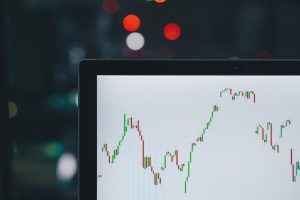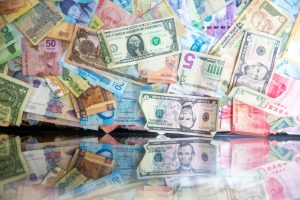Forex or foreign exchange is the decentralized global marketplace where currencies are traded. The forex market is the largest and most liquid financial market in the world, with an average daily trading volume of over $5 trillion. The forex market is open 24 hours a day, five days a week, and is accessible to anyone with an internet connection.
Given the size and complexity of the forex market, it is essential to have a system of administration and regulation in place to ensure that it functions smoothly and efficiently. This article will explore who administers forex and the role of various regulatory bodies in the forex market.
Forex Market Participants
The forex market comprises a diverse group of participants, including banks, financial institutions, corporations, governments, retail traders, and speculators. Banks are the primary players in the forex market, accounting for the majority of the daily trading volume. Financial institutions and corporations also participate in the forex market to manage their currency risk and facilitate international trade. Retail traders and speculators, on the other hand, trade forex for profit.
Forex Market Regulation
Given the decentralized nature of the forex market, there is no central authority or governing body that administers forex. Instead, various regulatory bodies around the world oversee forex activities in their respective jurisdictions. The primary objective of these regulatory bodies is to protect investors, ensure market integrity, and prevent fraudulent and manipulative activities.
In the United States, the Commodity Futures Trading Commission (CFTC) is the primary regulatory body responsible for overseeing forex trading activities. The CFTC was established in 1974 to regulate commodity futures and options markets in the United States, including forex. The CFTC’s mission is to protect market participants and the public from fraud, manipulation, and abusive practices related to the sale of commodity and financial futures and options.
The National Futures Association (NFA) is another regulatory body in the United States that oversees forex trading activities. The NFA is a self-regulatory organization that operates under the supervision of the CFTC. The NFA’s primary responsibilities include registration and compliance oversight of forex dealers, dispute resolution, and enforcement of industry rules and regulations.
In the European Union, the European Securities and Markets Authority (ESMA) is the regulatory body responsible for overseeing forex trading activities. The ESMA was established in 2011 to enhance investor protection and promote stable and orderly financial markets in the European Union. The ESMA’s responsibilities include registration and supervision of forex brokers, enforcement of industry rules and regulations, and the development of guidelines and recommendations for the forex industry.
Other regulatory bodies around the world that oversee forex trading activities include the Financial Conduct Authority (FCA) in the United Kingdom, the Australian Securities and Investments Commission (ASIC), and the Financial Services Agency (FSA) in Japan.
Conclusion
In conclusion, the forex market is a decentralized global marketplace where currencies are traded. Given the size and complexity of the forex market, various regulatory bodies around the world oversee forex activities in their respective jurisdictions. These regulatory bodies are responsible for protecting investors, ensuring market integrity, and preventing fraudulent and manipulative activities. Forex traders should ensure that they are dealing with a regulated forex broker to ensure the safety and security of their funds.





